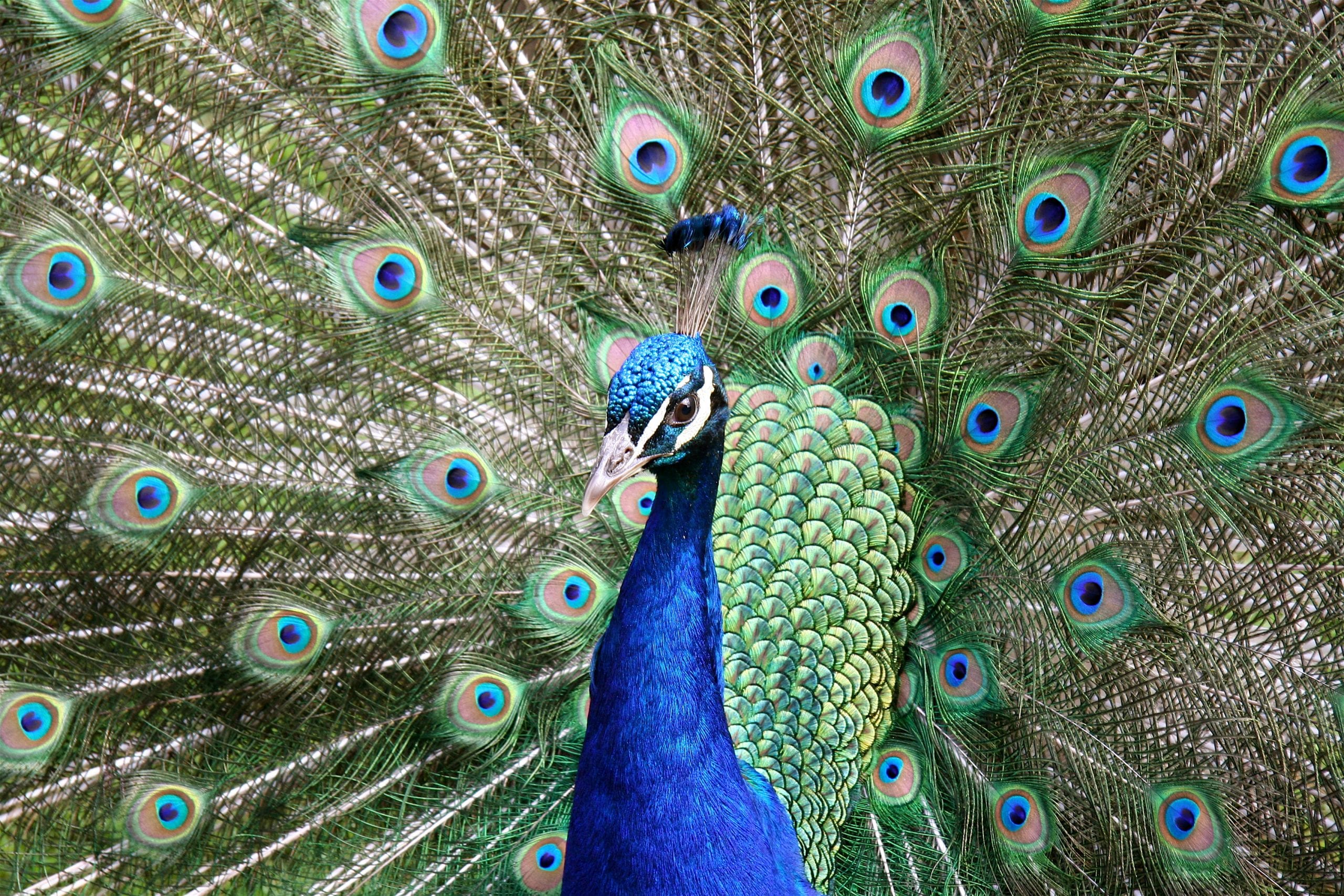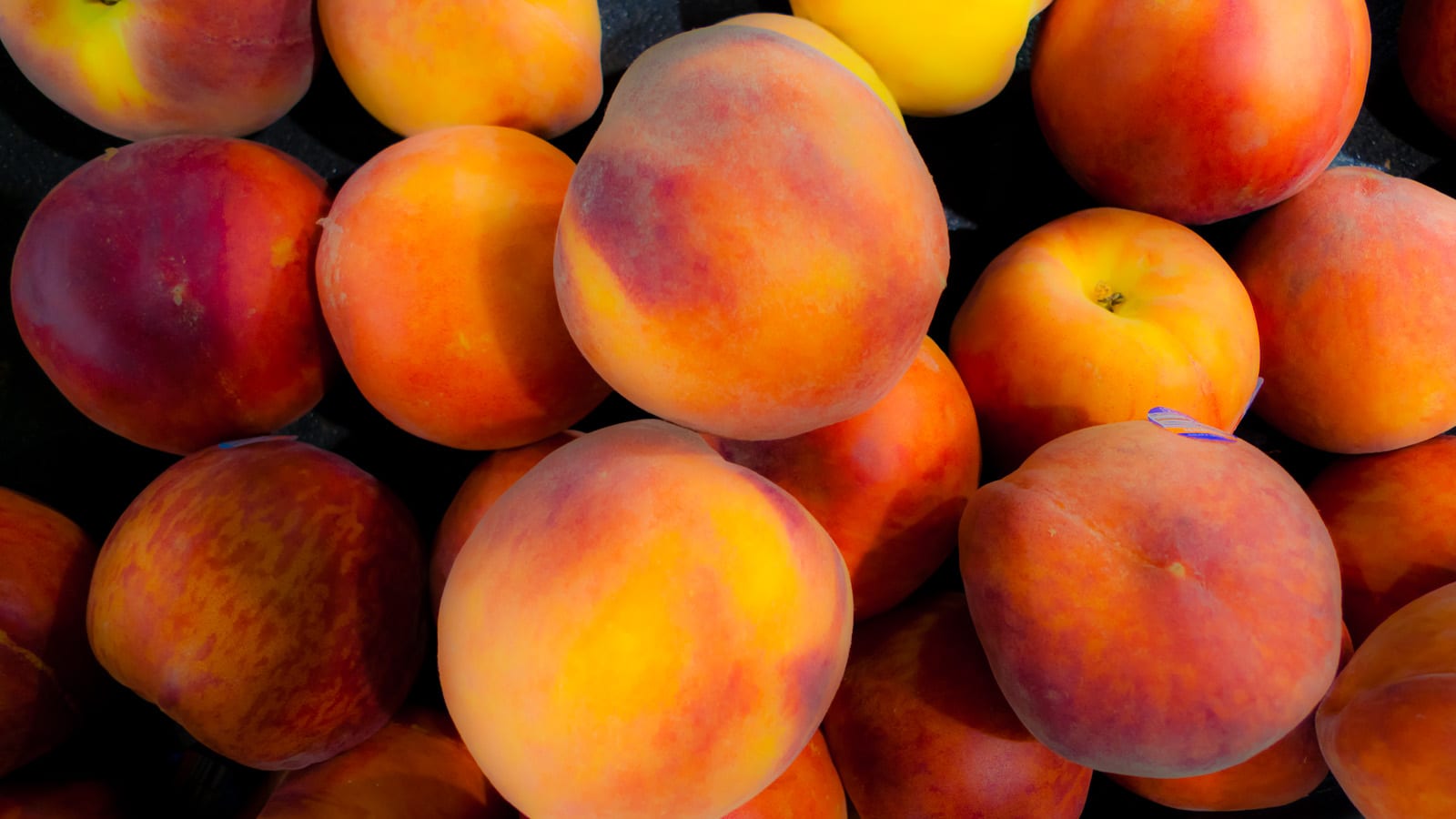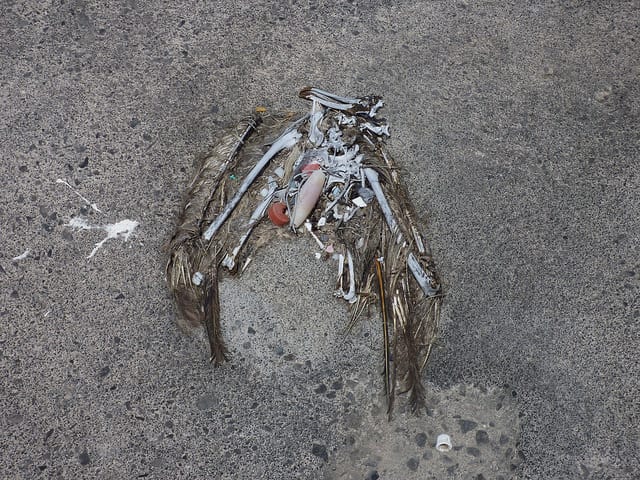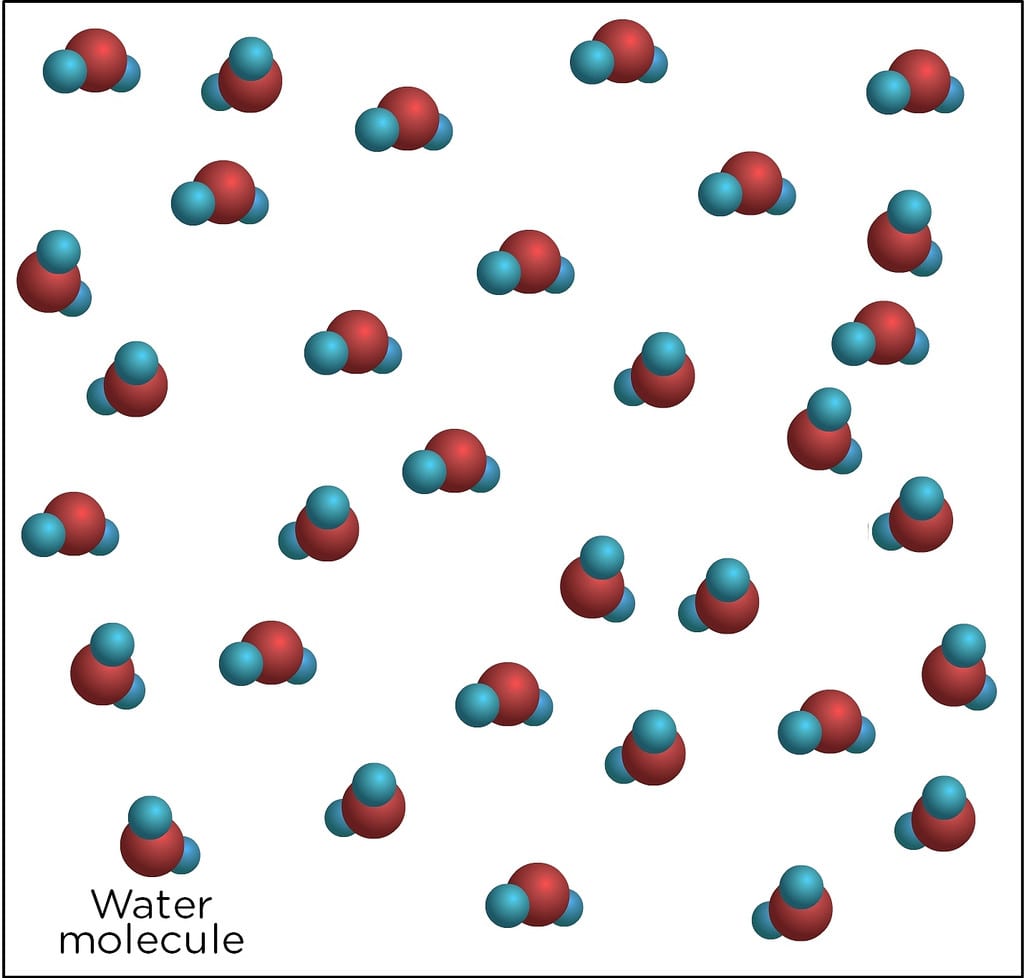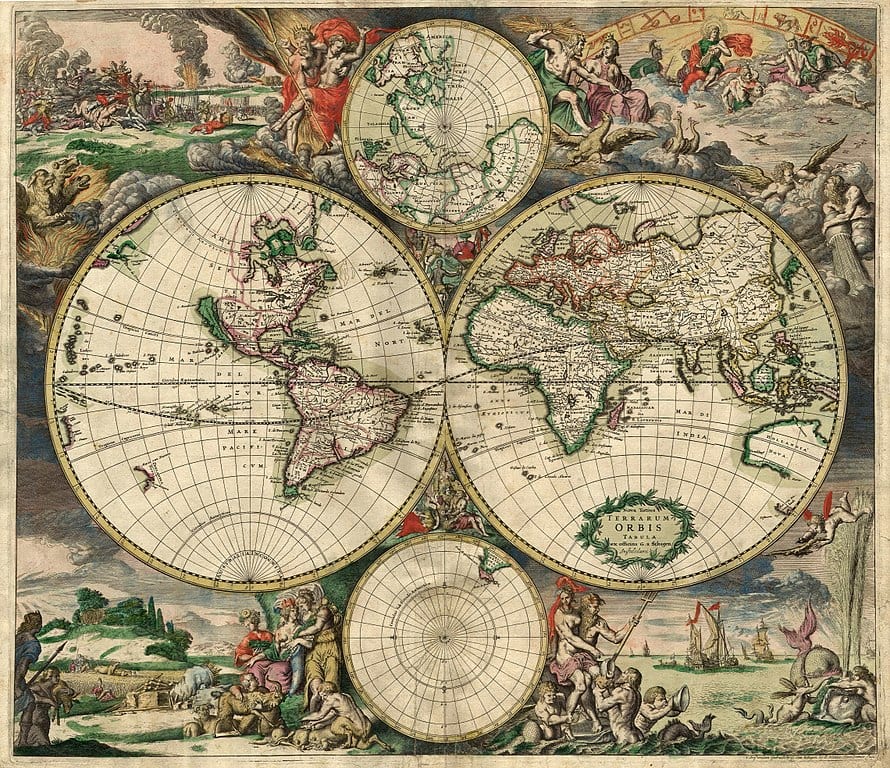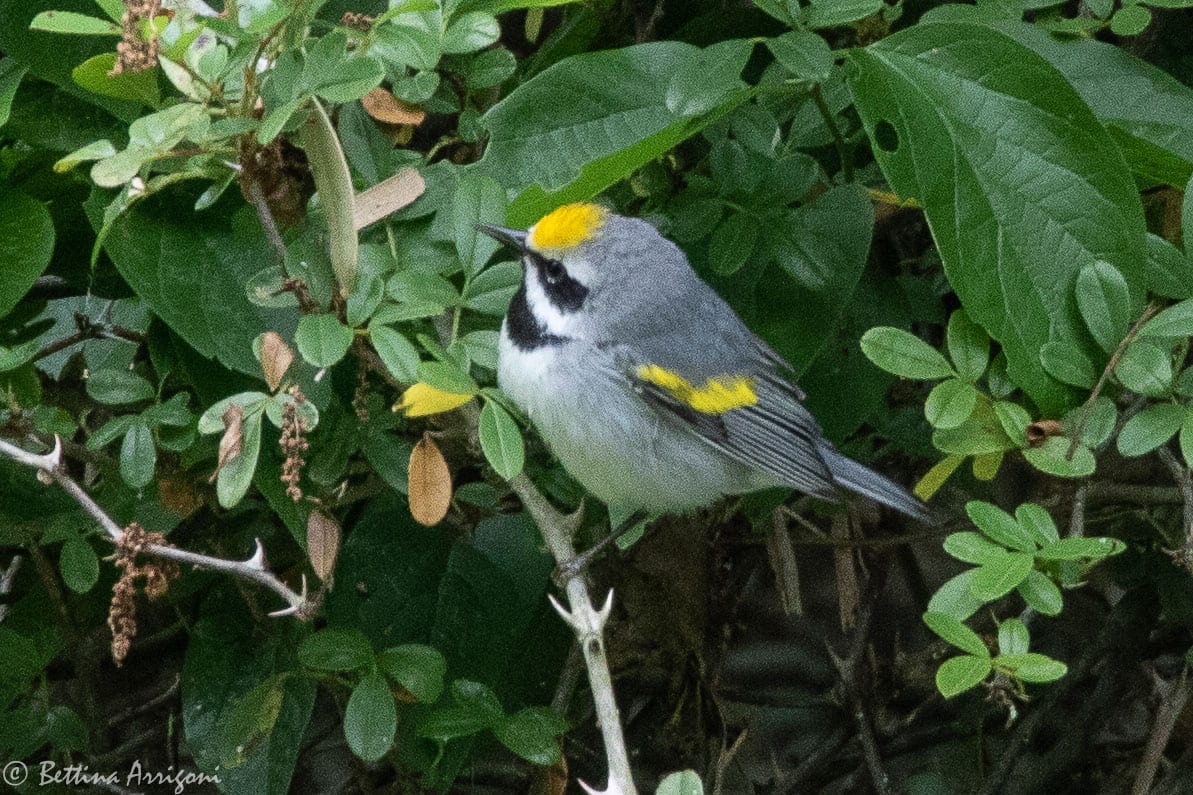
Coffee and sustainability Part I: The caffeinated inconvenient truth
For my Master's research, I was fortunate to study avian ecology in Costa Rica where I developed a deep appreciation for the incredible bird diversity observed there. Other things that also stayed with me from the experience was the scenic coffee farms and the friendly farmers who not only let me work on their properties

